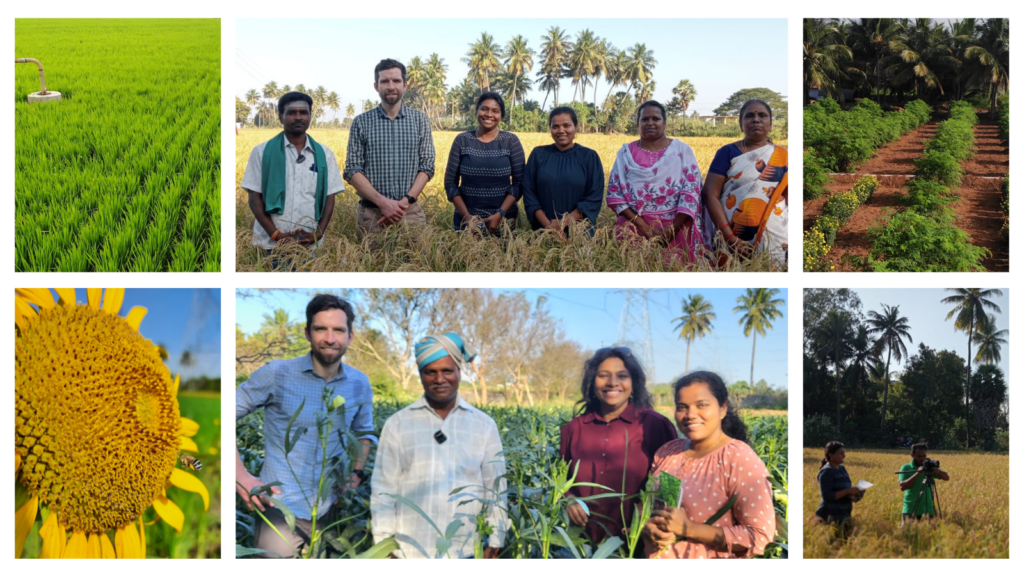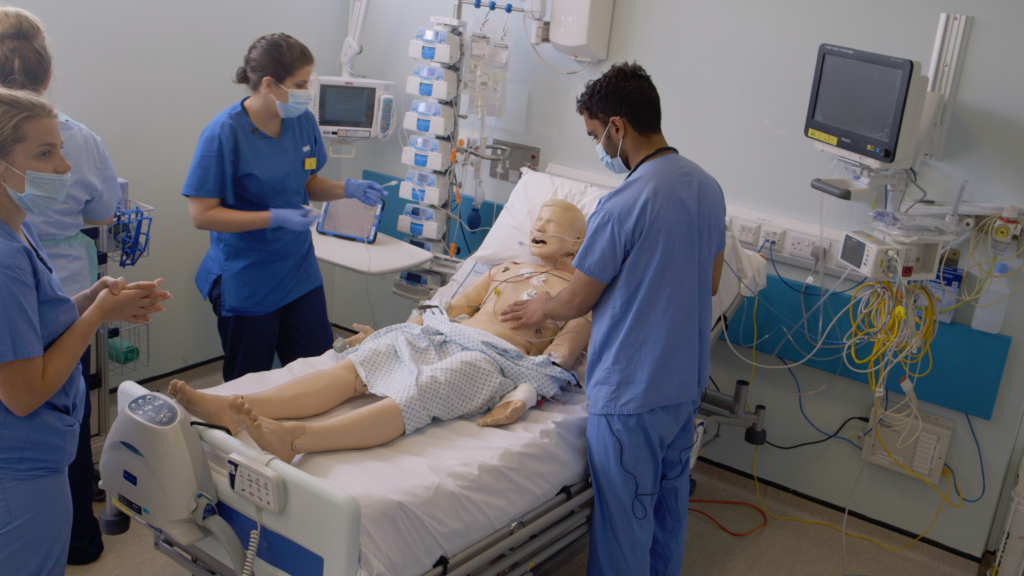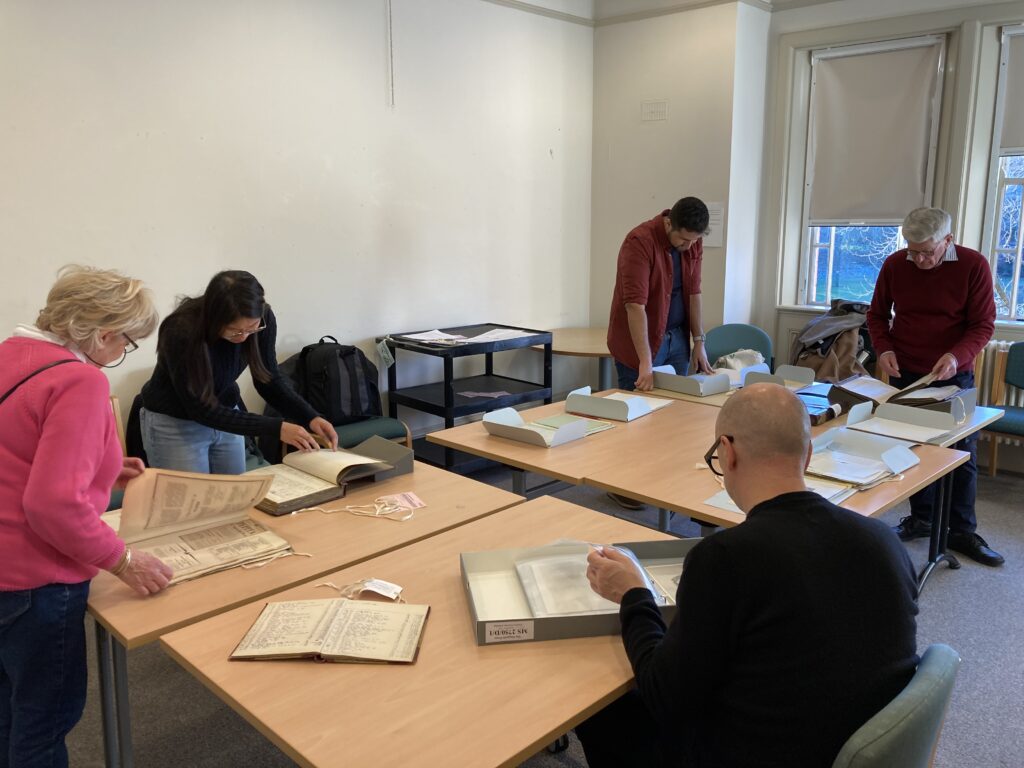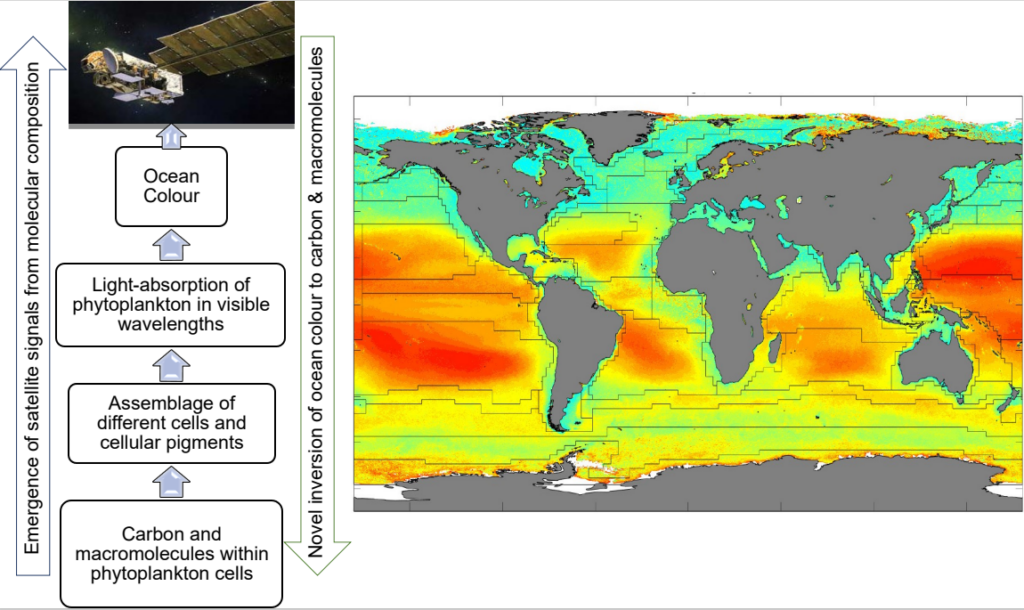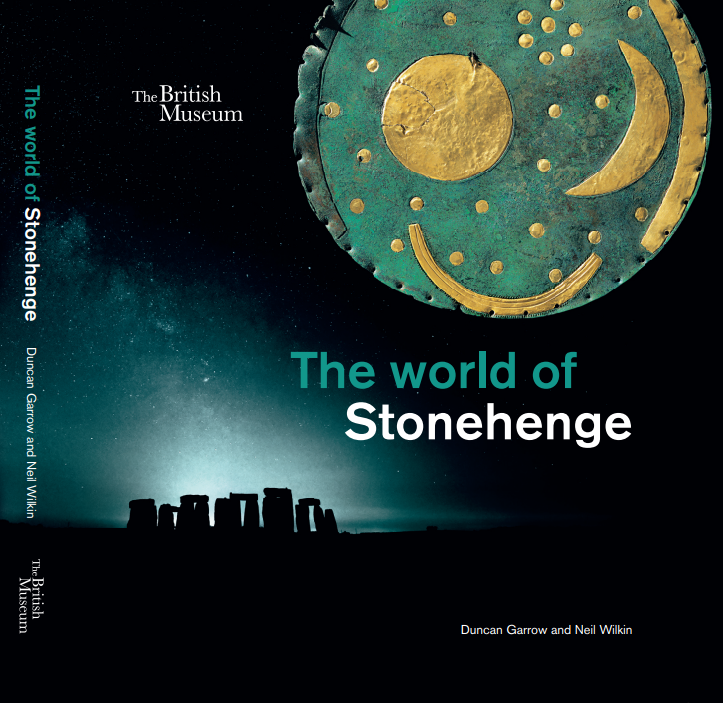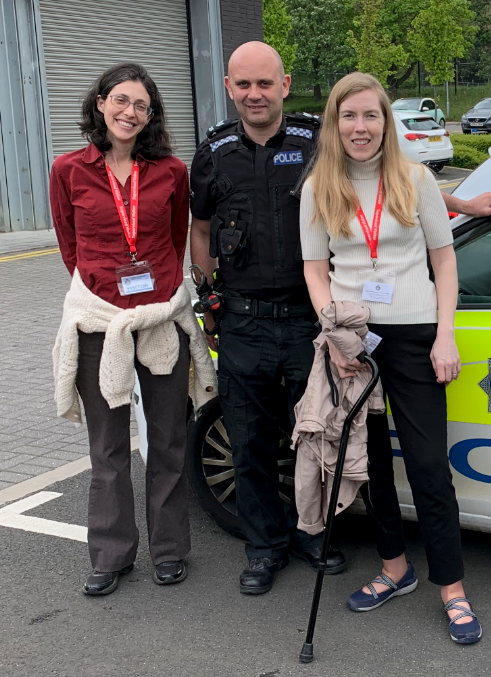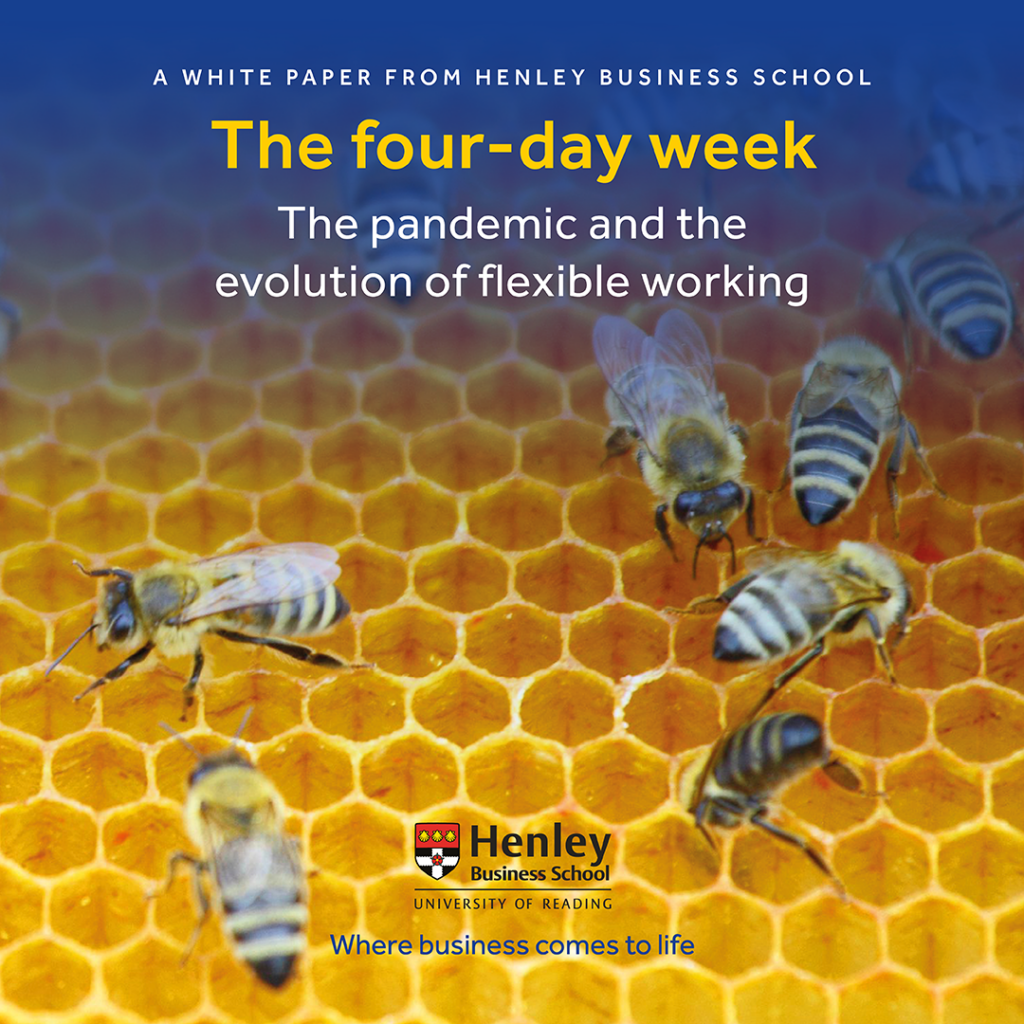2023 Research Awards
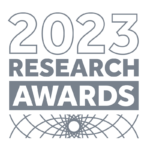
Our Research Awards give us the opportunity to celebrate the excellent research taking place across the University that addresses real world problems and improves academic practice.
We received over 50 strong entries from across a wide spectrum of our research and the quality of the work demonstrates just how committed colleagues are to making a difference through their research, despite the challenges we have faced over the last couple of years.
The winners of this year’s Research Awards were presented with their awards at a showcase event and awards ceremony which took place on campus on Tuesday 13 June, along with the recipients of this year’s Research Output Prizes.
This year’s Awards included new categories to celebrate research that addresses real-world problems and improves academic practice. We received over 50 strong entries from across a wide spectrum of our research and the quality of the work demonstrates just how committed colleagues are to making a difference through their research, despite the challenges we have faced over the last couple of years.
Download our 2023 Research Awards brochure to read more about the shortlisted projects or click on the boxes below.
External Collaboration and Partnerships
This award celebrates external engagement and the development of lasting and successful academic and/or non-academic collaborations in research and innovation regionally, nationally or globally.
Winner
Runners-up
Openness in Research
This award recognises individuals or teams who have used open research practices to make their research more accessible, transparent or reproducible.
Winner
Runner-up
Public Engagement with Research
This award recognises achievement in research-led public engagement.
Winner
Runners-up
Research Impact
This award recognises individuals or teams who undertake high-quality, creative and innovative engagement and impact activities to address real-world problems and change the world around us, locally, nationally or globally.

